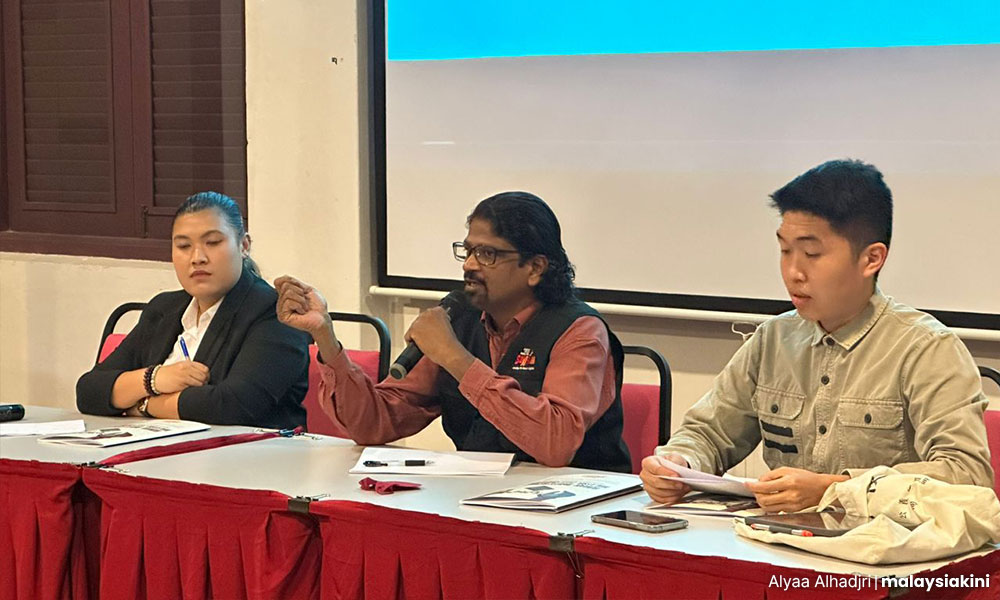The Sedition Act 1948 as well as the Communications and Multimedia Act 1998 (CMA) continued to be used by the previous federal administration under former prime minister Ismail Sabri Yaakob to crack down on an individual’s right to freedom of expression, according to rights group Suaram.
Suaram, in its annual Human Rights Report that was launched today, recorded 11 cases under the Sedition Act and 75 cases under CMA from Jan 5 to Oct 26 this year.
Several of the sedition cases, based on online postings, were also investigated under CMA, a rising trend identified by Suaram in recent years that has expanded the Sedition Act’s “archaic” provisions.
The cases Suaram outlined comprise investigations without arrest, arrest and remand, individuals charged and individuals convicted.
“Similar to the Perikatan Nasional government, Ismail Sabri’s administration has continued to crack down on free speech, using repressive laws such as the Sedition Act and CMA.
“The numbers of investigations and charges under those two laws continued to be high in 2022 and were predominantly used to suppress the freedom of expression,” Suaram said in its report.
“Following the pattern set in previous years, investigations and charges under these laws have mostly evolved around the politically sensitive issues of race, royalty and religion,” it noted.
Suaram said that Section 233 of the CMA was also used to stifle whistleblowers, notably the investigations against Lalitha Kunaratnam, who exposed MACC chief Azam Baki’s alleged shareholding scandal.
‘Book ban reversals’
Suaram coordinator Wong Yan Ke, who presented a summary of the report during its launch at Kuala Lumpur and Selangor Chinese Assembly Hall today, said a positive development was identified - there being no ban on any publication under the Printing Presses and Publications Act 1984.

“Furthermore, the court has continued to act judicially and overturned the banning of two publications,” said Wong, referring to separate decisions against two books, ‘Gay is Okay! A Christian Perspective’ and ‘Belt and Road Initiative for Win-Winism’.
However, Wong noted a regression in the right to assemble freely, with four individuals charged under the Peaceful Assembly Act 2012 after five consecutive years of probes that did not lead to court action.
Suaram’s report recorded 50 assemblies that saw six groups comprising 110 individuals, and 44 others, probed under the PAA for failure to provide a five-day notice to the authorities prior to their gatherings being held.
“We reiterate that the five-day notice requirement is bureaucratic and violates the rights to urgent assembly,” said Wong.
Aside from PAA charges, the Suaram report recorded related prosecutions under Section 90 of the Police Act, Prevention and Control of Infectious Diseases (Measures in Local Areas of Infection) Regulations 2021 and the Minor Offences Act. - Mkini




No comments:
Post a Comment
Note: Only a member of this blog may post a comment.